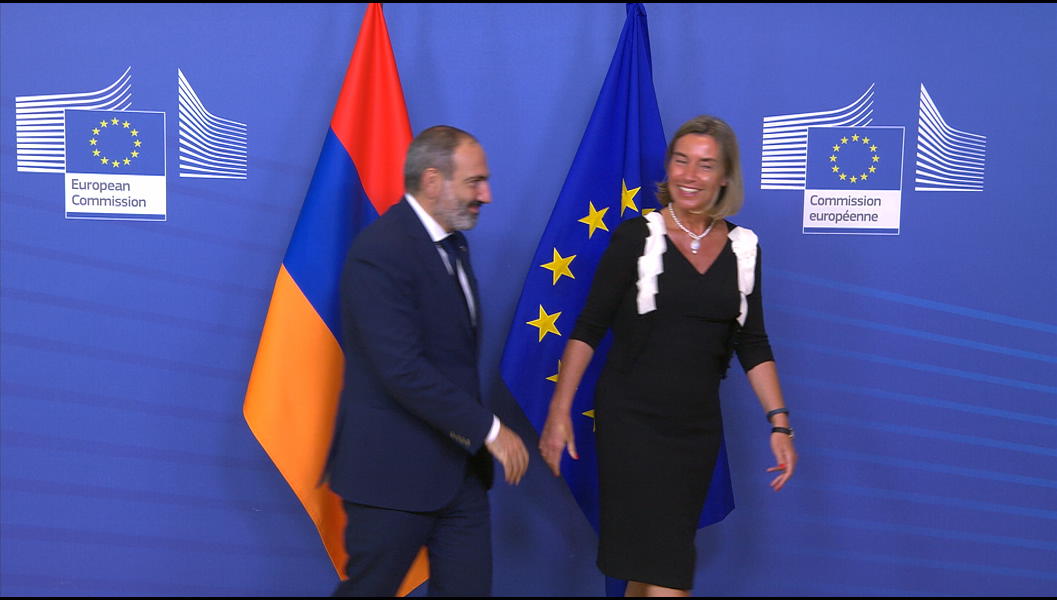
According to the Armenian press, Armenian Prime Minister Nikol Pashinian, during his two-day visit to Brussels on 11-13 July on the occasion of participating in the NATO Summit, also met with the two top European Union officials. He reportedly held separate talks with President of the European Council Donald Tusk and the President of the European Commission Jean-Claude Juncker in the margins of the NATO Summit. [1]
Pursuant to information provided by the Armenian Prime Minister’s press office, both of the EU officials praised the recent democratic change in Armenia’s government. Tusk is quoted to have said that “what happened in Armenia was special and, I would say, very European” regarding the mass protests that brought Pashinian to power in May of this year. Tusk is claimed to have said that “your example is very promising and you can count on EU assistance in implementing reforms.” The same news report asserts that “Pashinian assured Tusk and Juncker that his cabinet is committed to democratizing Armenia’s political system, strengthening the rule of law and combatting corruption.”[2]
Pashinian also met with the High Representative for Foreign Affairs and Security Policy/Vice-President of the European Commission Federica Mogherini in Brussels on 11 July. According to the European External Action Service;
“The two discussed the new Armenian government's clear commitment to reform and the concrete action already taken to this end. […] Mogherini confirmed that the European Union stands ready to provide concrete support to reforms, including through technical and financial assistance, and highlighted the fight against corruption and judicial reform as areas of particular importance. The High Representative also stressed the EU's readiness to provide assistance for the organization and monitoring of the next elections, to be held in line with OSCE/ODIHR recommendations.”[3]
Mogherini also “confirmed her and the European Union's strong support for the peaceful settlement of the Nagorno-Karabakh conflict” and said that “it is vital that the sides engage fully in negotiations without preconditions, under the auspices of the Minsk Group Co-Chairs.”
However, while speaking to reporters at the end of his visit to Brussels, Pashinian reportedly complained that “the EU has still not promised extra aid to his government.” He said that he expressed his” bewilderment” at this fact in his first talks with EU leaders. The “bewilderment” of Pashinian, as reported by the press, was met with a response by the Head of the EU Delegation in Yerevan Piotr Switalski. He rightfully and realistically stated that;
“… the European Union needs to hear ‘very concrete ideas’ from the new Armenian government before it can consider increasing economic assistance, […] the [Armenian] government has yet to come up with a set of specific reform-oriented projects requiring EU funding. We would like to hear from the Armenian government concrete ideas. In what form, in what way can the European Union be helpful? In some ministries we have already received some preliminary ideas. We would like to have a comprehensive view. And when we have this view we will discuss how we can help.”[4]
It should be mentioned at this point that the EU has pledged to provide up to 160 million euros of aid money to Armenia for the period of 2017-2021 in line with the Comprehensive and Enhanced Partnership Agreement (CEPA) between the EU and Armenia. CEPA was signed on the margins of the Eastern Partnership Summit held in Brussels on 24 November 2017 and entered into provisional application on 1 June 2018. The first meeting of the Partnership Council under the Agreement was held on 21 June 2018.[5]
The cooperation and aid framework between the EU and Armenia has thus already been established. However, as evident from the statements of EU officials, it is not enough for the Armenian Prime Minister Pashinian to boast that the previous corrupt and unconstructive Armenian government has been replaced with a new one, nor is it enough to simply proclaim that bright days are ahead for Armenia. It is obvious that the EU is in definite need of hearing from the Armenian government concrete ideas about how the EU and Armenia should proceed together and that the that Armenian government has yet to come up with specific reform-oriented projects requiring EU funding.
It should be also kept in mind that the EU has recently adopted a “merit-based” approach for the new prospective EU members.[6] In the context of the new EU reform discussions, this approach should be deemed valid for all other EU engagements. The “merit-based” approach brings objective criteria for further engagements and creates competition between prospective EU members that all are looking to demonstrate that they are the most deserving of EU economic assistance. In the light of the foregoing, it is possible to state that Armenia, at this point of time, lacks the merits for increased EU economic assistance because it has put forth more words than deeds.
* Photo: https://ec.europa.eu/
[1] “Armenian Prime Minister to Attend NATO Summit in Brussels,” Arka News Agency, October 8, 2018, http://arka.am/en/news/politics/armenian_prime_minister_to_attend_nato_summit_in_brussels/.
[2] “EU Reaffirms Support for New Armenian Government’s Reform Agenda,” Azatutyun, December 7, 2018, https://www.azatutyun.am/a/29359858.html.
[3] “European Union External Actions. HR/VP Federica Mogherini Meets with Armenian Prime Minister Nikol Pashinyan,” European Union External Action, July 11, 2018, https://eeas.europa.eu/headquarters/headquarters-homepage/48279/hrvp-federica-mogherini-meets-armenian-prime-minister-nikol-pashinyan_en.
[4] “EU Envoy Responds To Criticism From Armenian PM,” Azatutyun, July 16, 2018, https://www.azatutyun.am/a/29368045.html.
[5] Teoman Ertuğrul Tulun, “The New Legal Basis for EU-Armenia Relations,” Center For Eurasian Studies (AVİM), June 2018, sec. Analysis.
[6] “Communication From The Commission To The European Parliament, The Council, The European Economic And Social Committee And The Committee Of The Regions . A Credible Enlargement Perspective for and Enhanced EU Engagement with the Western Balkans” (European Commission, June 2, 2018), COM(2018) 65 final. P. 2., https://ec.europa.eu/commission/sites/beta-political/files/communication-credible-enlargement-perspective-western-balkans_en.pdf.
© 2009-2025 Center for Eurasian Studies (AVİM) All Rights Reserved
No comments yet.
-
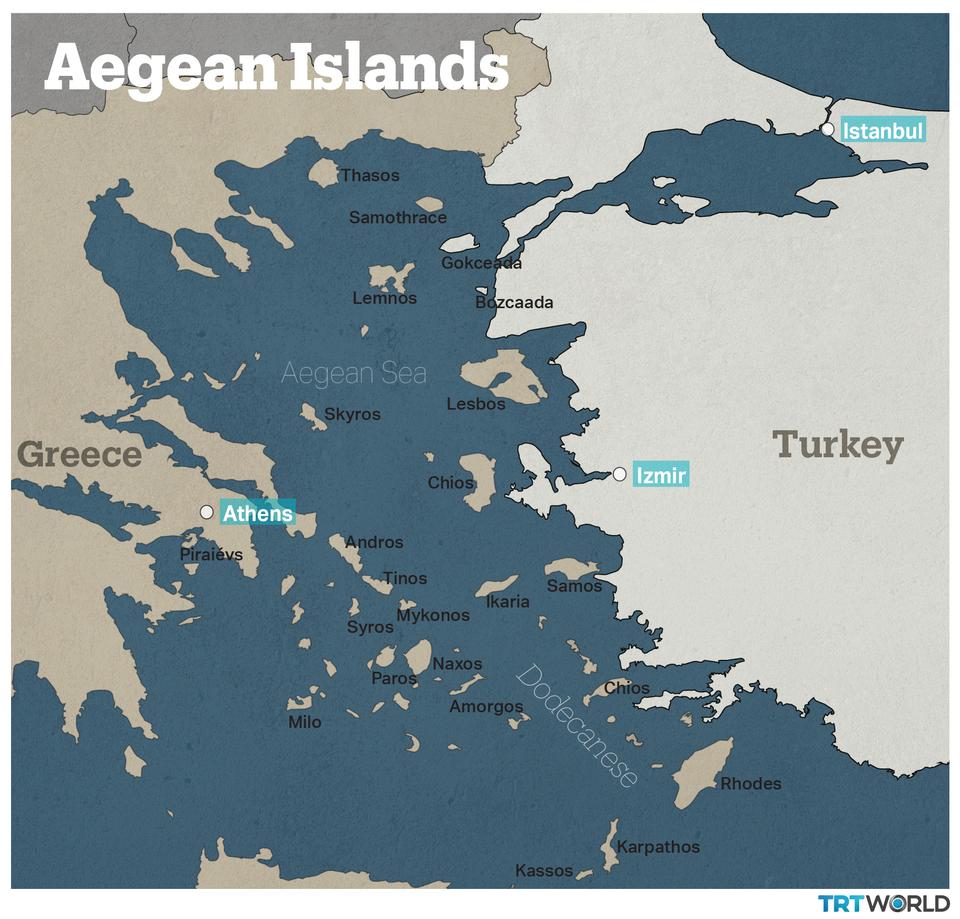 RUSSIA’S REACTION AGAINST GREECE'S HOSTILE BEHAVIORS AND VIOLATIONS OF THE DEMILITARIZATION PROVISIONS OF THE 1947 PARIS TREATY
RUSSIA’S REACTION AGAINST GREECE'S HOSTILE BEHAVIORS AND VIOLATIONS OF THE DEMILITARIZATION PROVISIONS OF THE 1947 PARIS TREATY
Teoman Ertuğrul TULUN 29.12.2022 -
 FUNCTIONAL COOPERATION VS EU’S COERCIVE FRAMEWORKS IN THE BLACK SEA BASIN
FUNCTIONAL COOPERATION VS EU’S COERCIVE FRAMEWORKS IN THE BLACK SEA BASIN
Teoman Ertuğrul TULUN 29.04.2025 -
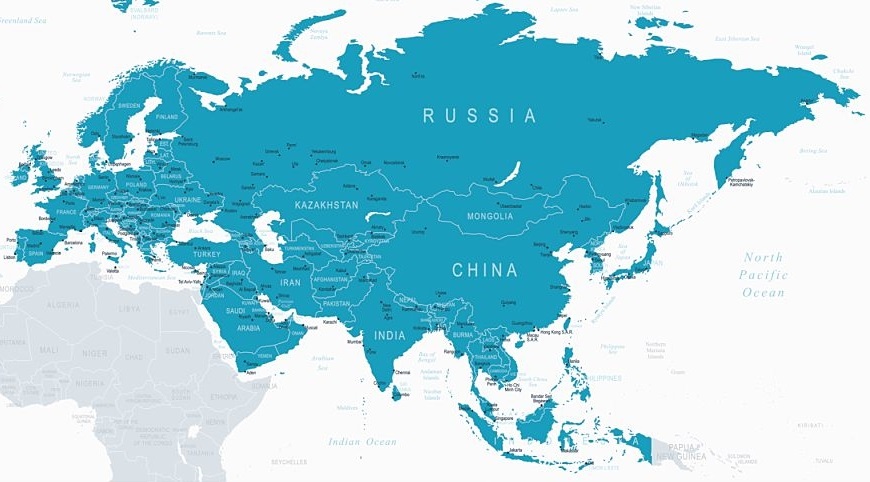 EU’S NEW CENTRAL ASIA STRATEGY AND NOTION OF CONSTRUCTIVE EURASIANISM
EU’S NEW CENTRAL ASIA STRATEGY AND NOTION OF CONSTRUCTIVE EURASIANISM
Teoman Ertuğrul TULUN 16.07.2019 -
 BLACK SEA ATTACKS ON MERCHANT VESSELS: TÜRKIYE’S EEZ, THE MONTREUX REGIME, AND THE RISK OF WAR SPILLOVER
BLACK SEA ATTACKS ON MERCHANT VESSELS: TÜRKIYE’S EEZ, THE MONTREUX REGIME, AND THE RISK OF WAR SPILLOVER
Teoman Ertuğrul TULUN 03.12.2025 -
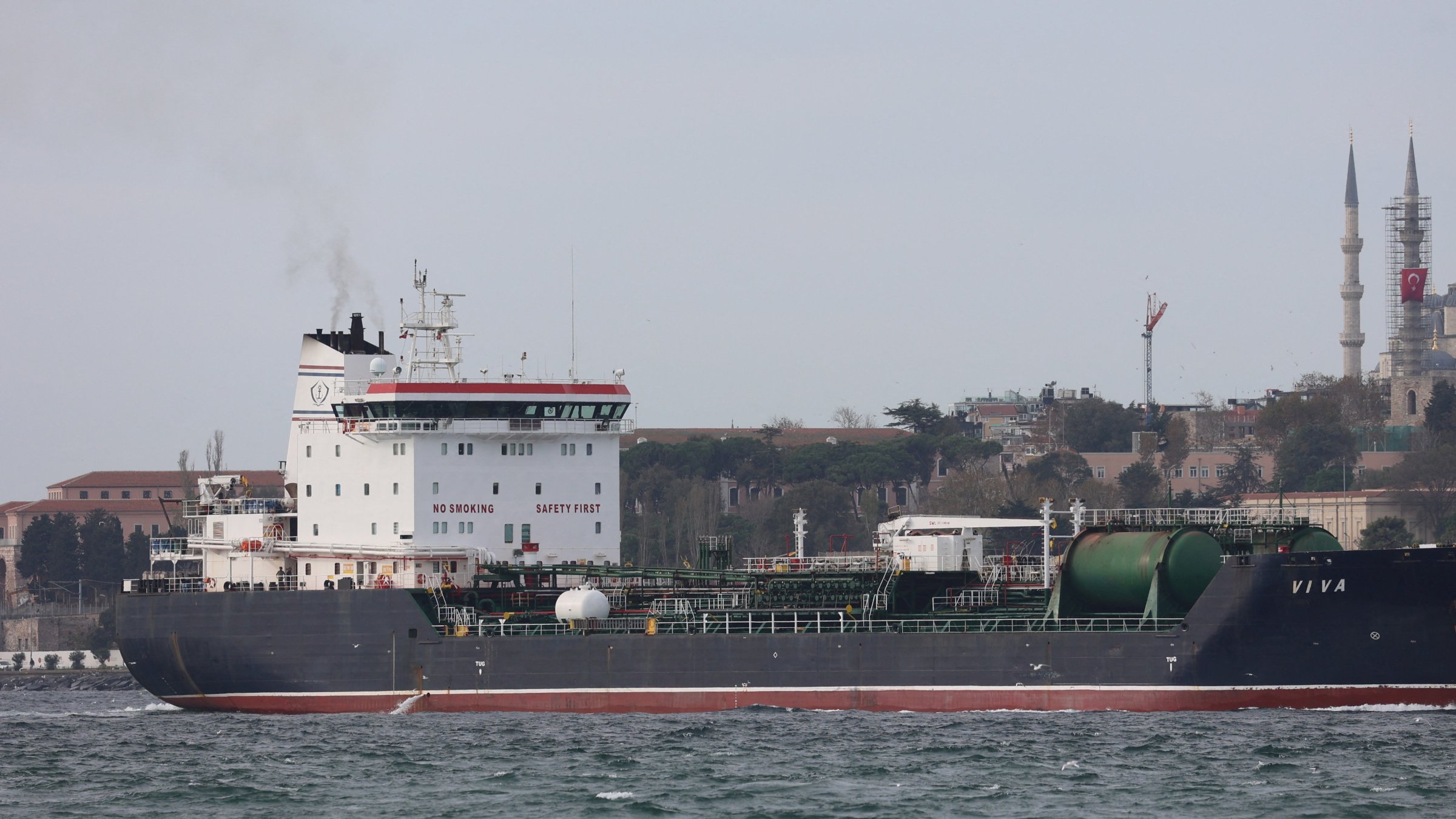 GUARDIANSHIP UNDER PRESSURE: DRONE ESCALATION, RUSSIAN MILITARIZATION, AND TÜRKIYE’S LEGAL ORDER IN THE BLACK SEA
GUARDIANSHIP UNDER PRESSURE: DRONE ESCALATION, RUSSIAN MILITARIZATION, AND TÜRKIYE’S LEGAL ORDER IN THE BLACK SEA
Teoman Ertuğrul TULUN 05.01.2026
-
FRANCE IS BLOWING HOT AND COLD
Ömer Engin LÜTEM 20.11.2011 -
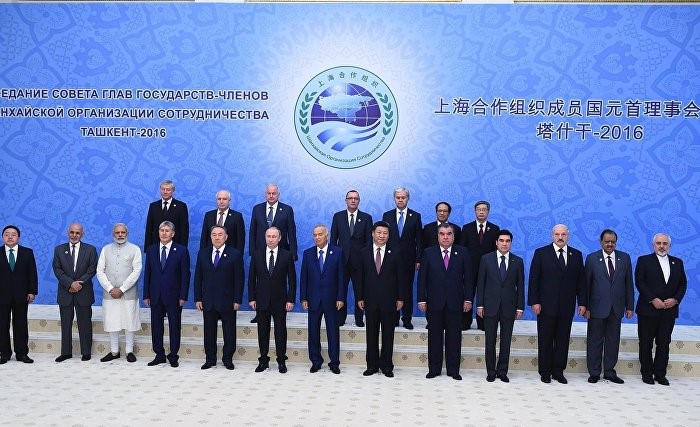 SHANGHAI CO-OPERATION ORGANISATION AND RECENT RELATED DEVELOPMENTS
SHANGHAI CO-OPERATION ORGANISATION AND RECENT RELATED DEVELOPMENTS
Denizhan MALKOÇ 01.07.2016 -
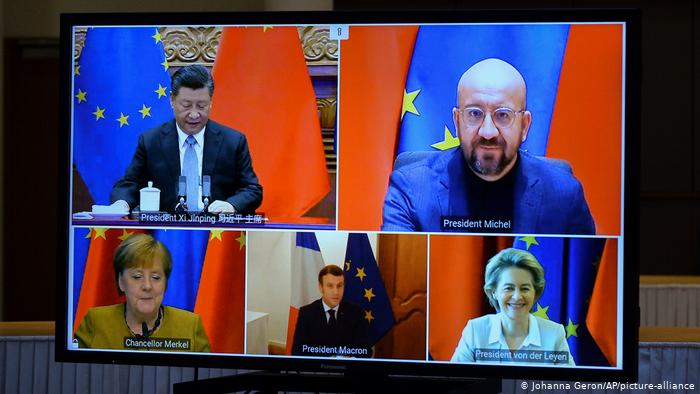 HOW TO UNDERSTAND THE EU-CHINA AGREEMENT ON INVESTMENT
HOW TO UNDERSTAND THE EU-CHINA AGREEMENT ON INVESTMENT
Şevval Beste GÖKÇELİK 08.02.2021 -
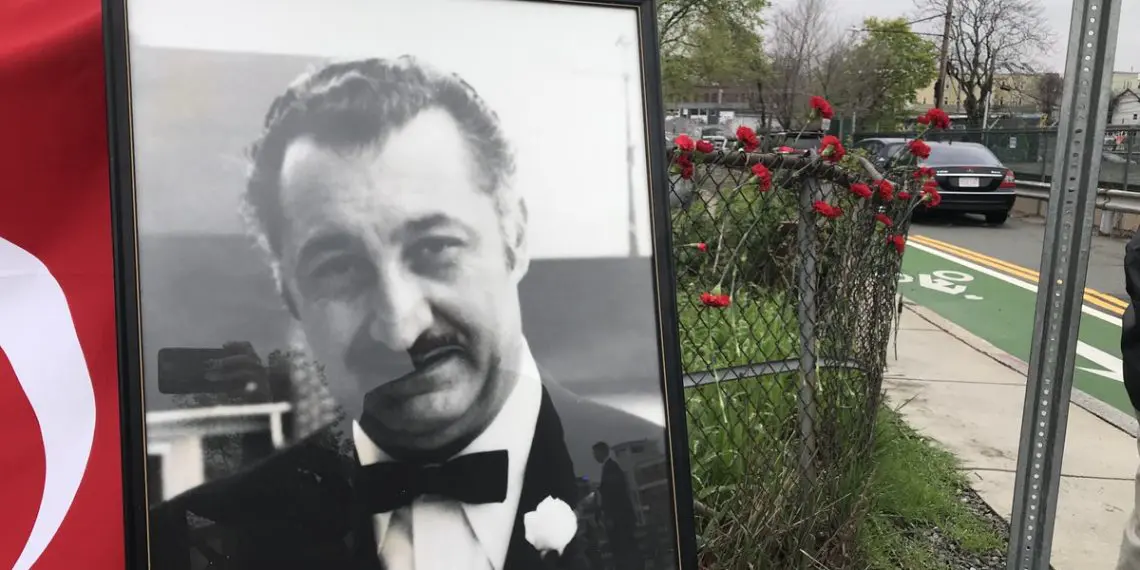 MARTYRED DIPLOMATS: ORHAN GÜNDÜZ, HONORARY CONSUL GENERAL OF BOSTON (MAY 4, 1982)
MARTYRED DIPLOMATS: ORHAN GÜNDÜZ, HONORARY CONSUL GENERAL OF BOSTON (MAY 4, 1982)
Hazel ÇAĞAN ELBİR 12.05.2023 -
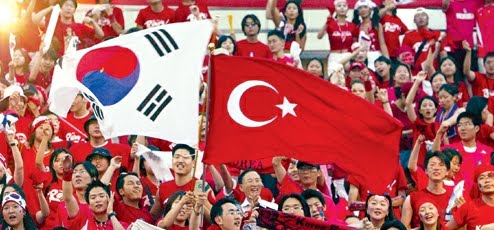 TURKEY AND KOREA DRAWING CLOSER
TURKEY AND KOREA DRAWING CLOSER
S. Işık BORA 27.11.2017
-
25.01.2016
THE ARMENIAN QUESTION - BASIC KNOWLEDGE AND DOCUMENTATION -
12.06.2024
THE TRUTH WILL OUT -
27.03.2023
RADİKAL ERMENİ UNSURLARCA GERÇEKLEŞTİRİLEN MEZALİMLER VE VANDALİZM -
17.03.2023
PATRIOTISM PERVERTED -
23.02.2023
MEN ARE LIKE THAT -
03.02.2023
BAKÜ-TİFLİS-CEYHAN BORU HATTININ YAŞANAN TARİHİ -
16.12.2022
INTERNATIONAL SCHOLARS ON THE EVENTS OF 1915 -
07.12.2022
FAKE PHOTOS AND THE ARMENIAN PROPAGANDA -
07.12.2022
ERMENİ PROPAGANDASI VE SAHTE RESİMLER -
01.01.2022
A Letter From Japan - Strategically Mum: The Silence of the Armenians -
01.01.2022
Japonya'dan Bir Mektup - Stratejik Suskunluk: Ermenilerin Sessizliği -
03.06.2020
Anastas Mikoyan: Confessions of an Armenian Bolshevik -
08.04.2020
Sovyet Sonrası Ukrayna’da Devlet, Toplum ve Siyaset - Değişen Dinamikler, Dönüşen Kimlikler -
12.06.2018
Ermeni Sorunuyla İlgili İngiliz Belgeleri (1912-1923) - British Documents on Armenian Question (1912-1923) -
02.12.2016
Turkish-Russian Academics: A Historical Study on the Caucasus -
01.07.2016
Gürcistan'daki Müslüman Topluluklar: Azınlık Hakları, Kimlik, Siyaset -
10.03.2016
Armenian Diaspora: Diaspora, State and the Imagination of the Republic of Armenia -
24.01.2016
ERMENİ SORUNU - TEMEL BİLGİ VE BELGELER (2. BASKI)
-
AVİM Conference Hall 24.01.2023
CONFERENCE TITLED “HUNGARY’S PERSPECTIVES ON THE TURKIC WORLD"









